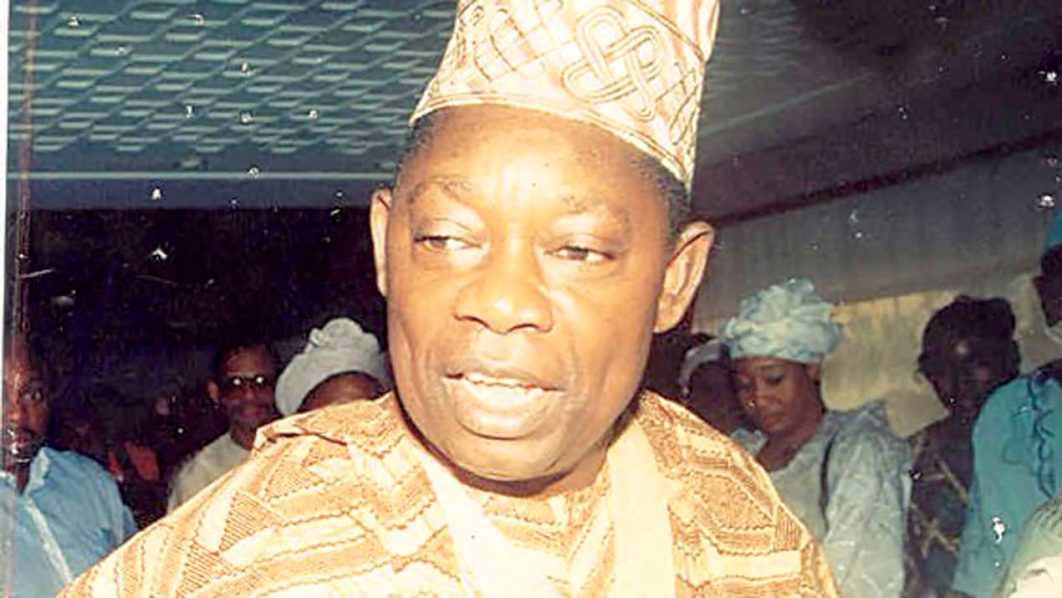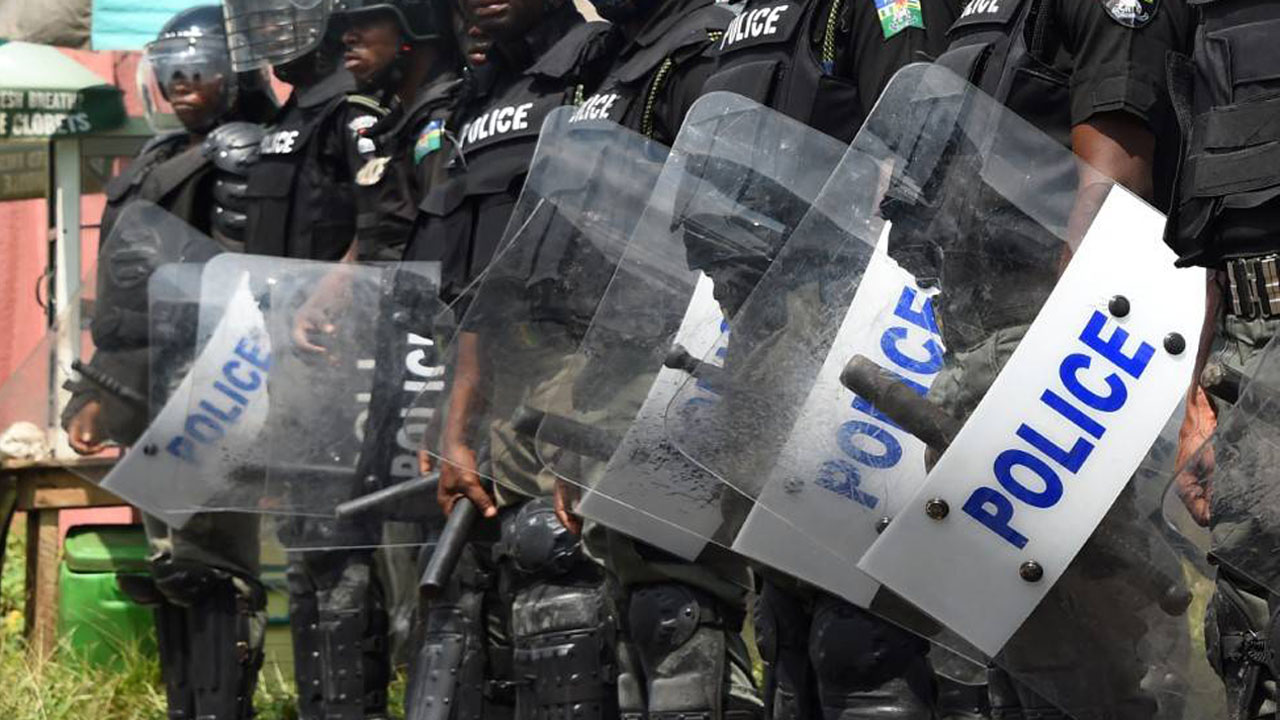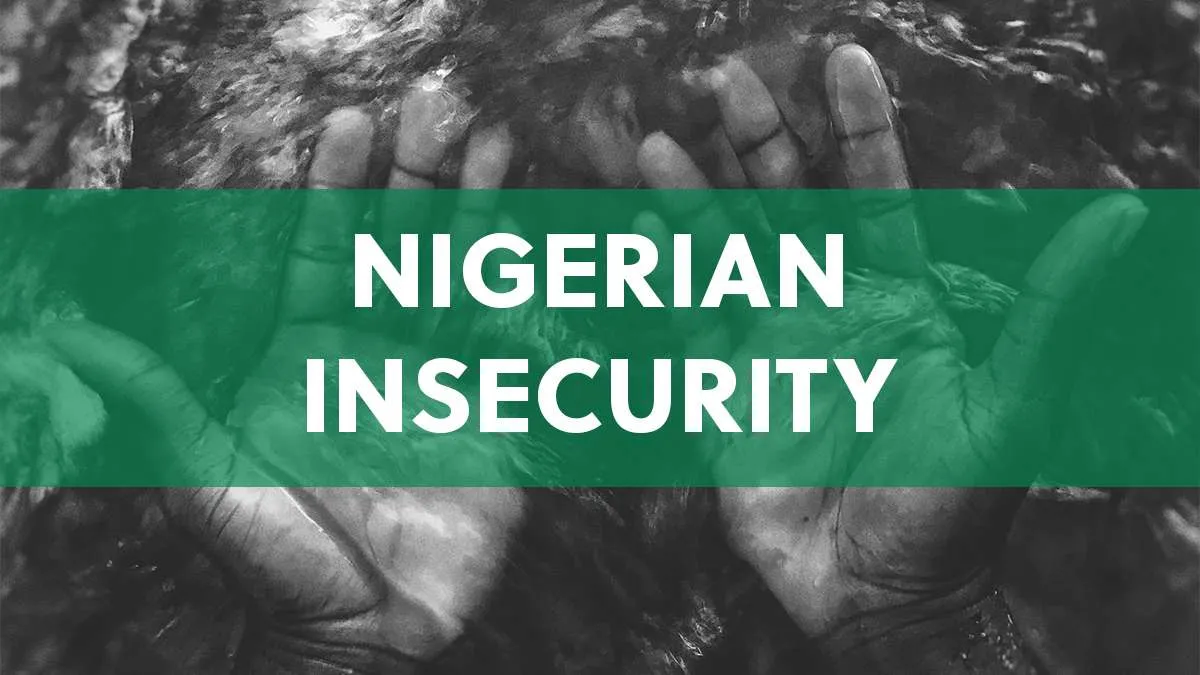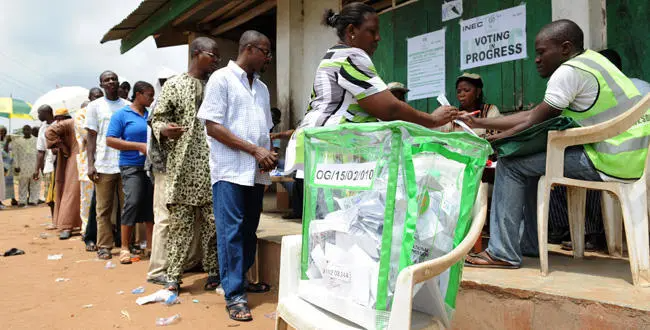
It is a pleasant irony that President Muhammadu Buhari, the born-again dictator, is the one whose regime codified June 12 as the National Democracy Day. I don’t know whether Buhari and Chief Abiola were ever friends but Buhari has done Nigeria a great favour by honouring Abiola. Indeed, what happened when Buhari was in power from 1984 to 1985 was interpreted by Abiola and those of us in his employment at the Concord Group of Newspapers as Enemy Action. Now Buhari has honoured the man who paid the supreme sacrifice that Nigeria might become a free and democratic country.
I don’t know how Abiola would have perceived the way we are using our democratic freedom. On June 12, this year Nigerians demonstrated in many parts of the country. In Lagos, when some demonstrator attempted to block the highway, the police threw them some tear-gas to remind them that their right to protest does not include the right to infringe on other peoples’ right of movement. Since Abiola’s sudden exit in 1998, Nigerians have acquired a greater appetite for violent arguments. Even those who are advanced in years and are regarded normally as statesmen have acquired the new fashion of threatening eloquence. Yet democracy requires enduring temperance and tolerance of opposing views.
When Buhari seized power on December 31, 1983, it was regarded as a direct assault on democracy and democratic institutions. The new regime was especially hostile to us at the Concord Group of Newspapers established by Abiola. It was the era of import licence regime and the new junta used that instrument to chastise the press especially The Guardian and The Concord. The editor of the National Concord, then Chief Duro Onabule, wrote a scathing article on the new dictatorship, concluding that “whatever has a beginning must have an end.” He was harried into detention. Few months later, Buhari too was kicked out of his high horse.
That it is the same Buhari that has made Nigeria to pay part of her debt to Abiola and his family is somehow comforted. In his final years on earth, there was a gulf between Abiola and Buhari’s friend, General Sani Abacha. Abiola was the winner of the June 12, 1993 presidential election and should have been installed in power on August 26, 1993. Instead, his victory was voided by the dictator, General Ibrahim Babangida. Therefore, when Babangida was forced out of power on August 27, 1993, he yielded place to the boardroom titan, Chief Ernest Shonekan, whose mandate was derived from neither the ballot box nor the bullet. It was a strange apparition and Babangida’s old friend and collaborator, General Sani Abacha, seized power on November 17 of the same year, banishing the apparition from history’s centre stage.
While many Nigerians stood up courageously to confront the Abacha dictatorship, Buhari was one of its leading collaborators. He landed the plumb job as the chairman of the Petroleum Trust Fund, (PTF), and wielded power that would be the envy of presidents of poorer countries. Despite the atrocities of the Abacha regime, Buhari remained loyal to his friend till the very end. Then one day, his friend ended and Nigeria became free comparatively. The doors of Abacha’s gulag were flung open and prisoners of conscience received liberty. But not Abiola.
Abacha’s successor, General Abdulsalami Abubakar, was one of the few senior military officers who refused to kowtow to Abacha. He had providentially become the Chief of Defence Staff after the sudden fall of Lt. General Oladipo Diya. He was a reticent soldier who refused to wear Abacha’s badge and other political buttons. Abacha thought of firing him. Then Fate intervened. When Abubakar became Head of the Ruling Junta, many Nigerians were jubilant, knowing that this was a different man from the dictator who just passed on.
Few days after Abubakar took over power, Chief Bola Ige, the deputy leader of Afenifere and first elected Governor of old Oyo State, returned home from Makurdi Prison. Other leaders soon had their own taste of freedom. General Olusegun Obasanjo, the former Nigerian military ruler, was freed from Yola Prison. Other prisoners of conscience like Dr Beko Ransome-Kuti, leader of Campaign for Democracy, Kunle Ajibade, Executive Director of TheNews, Chris Anyanwu, publisher and Editor-in-Chief of The Sunday Magazine, TSM, George Mba, Assistant Editor of Tell magazine and many others returned home. For those of us at TELL magazine, it was the first time in many years, that we could operate in relative freedom. Former Prisoners of War like Nosa Igiebor, Onome Osifo-Whiskey, Kolawole Ilori and Ayodele Akinkuotu were enjoying the new air of freedom. But not Abiola.
Abubakar invited the leadership of Afenifere to visit him in Aso Villa in Abuja. It was the first time Senator Abraham Aderibigbe Adesanya, the leader of Afenifere, had visited the villa. He was received like royalty. One of Abubakar’s top aides, Major-General Leo Ajiborisa, the first military Governor of Osun State, was on hand at the villa, to ensure that they were well received. Adesanya demanded that they would like to take Abiola home. Abubakar demurred coyly. Not yet! Very soon, he told them. Chief Ige was one of those who accompanied Adesanya on that trip. It was a friendly but fruitless encounter. The leaders wanted to know the exact date that Abiola would be freed. Abubakar declined to be categorical. He never returned home
Twenty-three years after the death of Abiola, no one is categorical about what really killed him. We have been told again and again that he died of natural causes. On his last day on July 7, 1998, an American delegation led by Ambassador Thomas Pickering and Susan Rice, was with him when he sipped a cup of tea and then started coughing. Then he died. On that very day, Abubakar had given permission to Abiola’s family to visit the President-presumptive. They were at the airport in Lagos when they were advised to return home. Abiola’s personal physician, the late Dr Ore Falomo, was billed to be on that trip. It was a day of unimaginable angst.
It is necessary and right for President Muhammadu Buhari who has paid a part of our debt to Abiola and his family, to now take the next step to put a closure on the issue of Abiola’s death. We really need to know, despite his constant complaints, why Abiola was denied access to medical help. Who gave the orders that he should not receive medical help? Major Al-Mustapha, former Chief Security Officer, CSO, to Abacha, once alleged that indeed, Abiola was beaten and subjected to inhuman treatment.
His jailers in Abuja, especially after General Abacha died, had no reason to continue to keep him in jail. There was no negotiation that could not have been done from the comfort of Abiola’s home in Ikeja. Why was he being forced to negotiate under duress? We need to know why Abiola was kept a prisoner until the very end. For Abdulsalami, Abiola was a prized hostage. That was not enough reason to deny him medical help.
In his last few months on earth, Abiola had gained weight. His ankles were swollen and he could not walk well. He complained to his jailors that he was not breathing well. He fell down twice or more and yet his jailors remained unsympathetic. This was the man elected the President of Nigeria before the usurpers seized the throne. These last days need to be thoroughly interrogated so that history would have a foreclosure on the Abiola saga.
President Buhari needs to institute an enquiry on the last days of Abiola to ascertain those who were responsible for denying him medical help. This is an investigation that could be carried out by the police. Luckily, the Justice Oputa Panel, instituted by President Olusegun Obasanjo in 1999, has already done the spade work. Now we need to know the whole story. Dr Nelson Mandela was kept in prison for 27 years and he came out alive. He was not denied access to medical help. Why was Abiola denied this access? Who gave the orders? Buhari needs to help us find the answer to these questions so that the dead can rest in peace.






